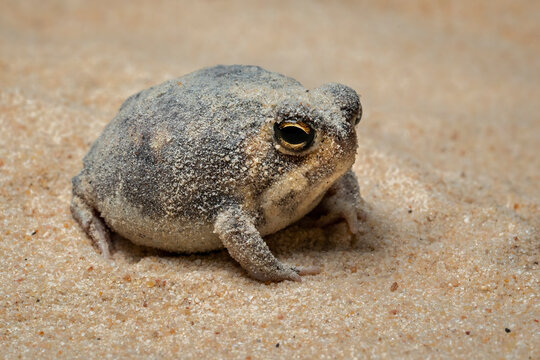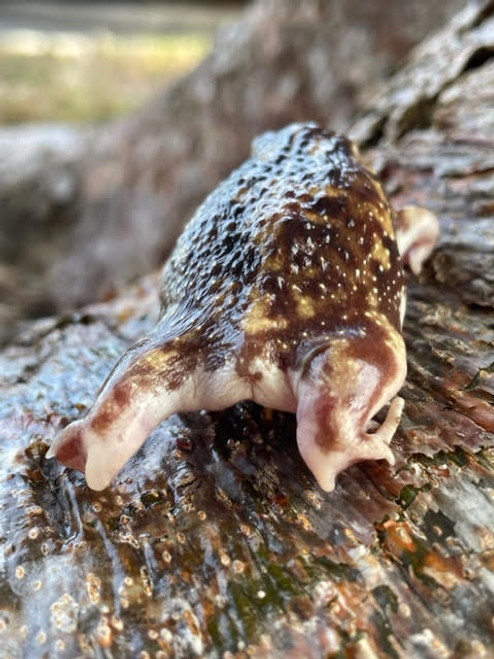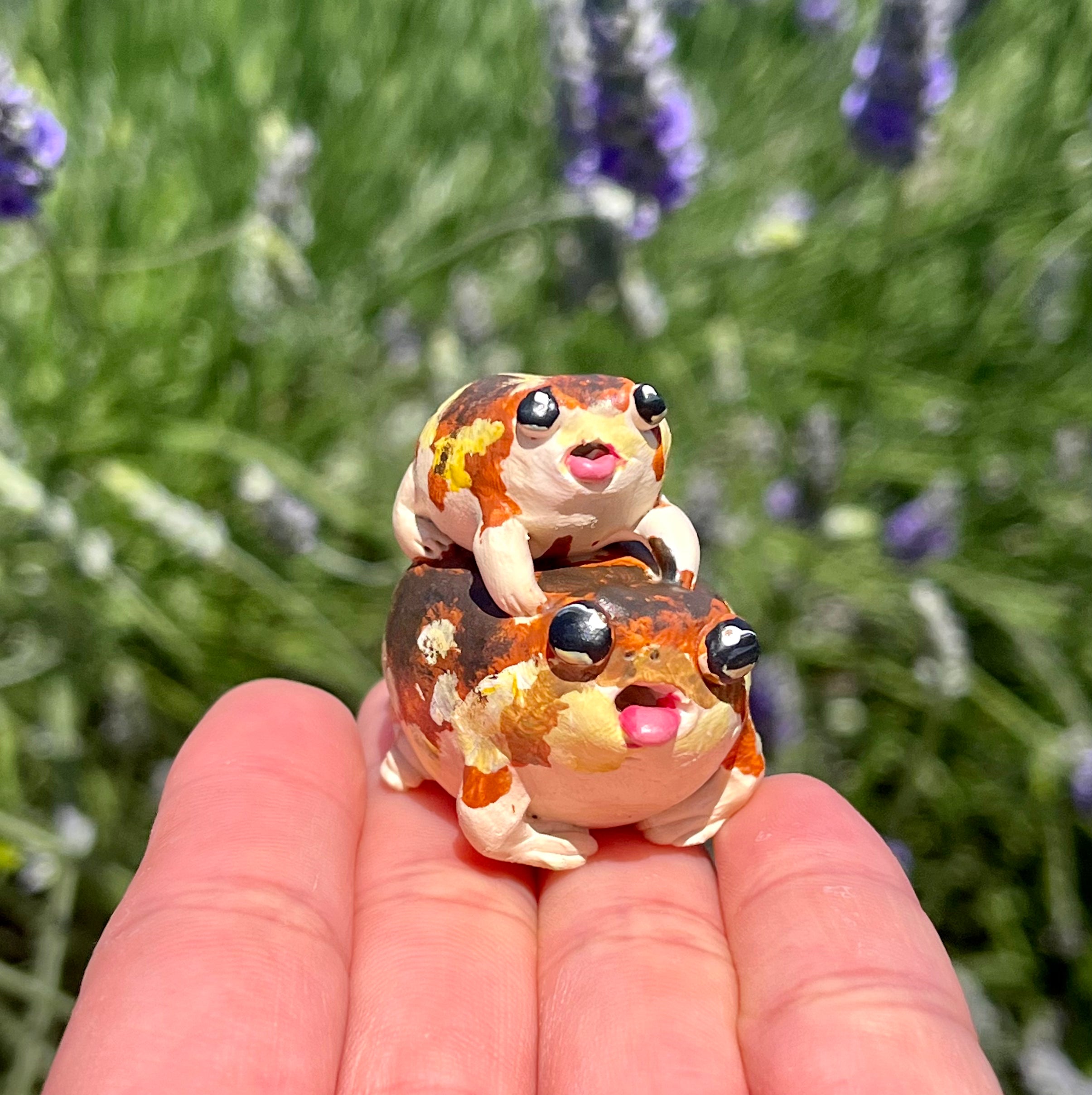Rain Frog for Sale: Unlock the Beauty of Nature with Your Own Amphibian Companion!
Rain Frog for Sale: Unlock the Beauty of Nature with Your Own Amphibian Companion!
Blog Article
Common Wellness Issues in Reptiles: Signs and Solutions
In the intricate world of reptile treatment, understanding the typical wellness problems that might affect these unique animals is extremely important in guaranteeing their health. From respiratory system infections that can quietly hold to metabolic bone diseases that can disable, reptiles are vulnerable to a variety of ailments that need eager observation and prompt treatment. Whether it's facing parasitic infestations, browsing dehydration issues, or addressing skin conditions that show up in refined ways, being attuned to the signs and equipped with the understanding of efficient remedies is crucial for any reptile proprietor. By delving better right into the subtleties of these health and wellness issues and discovering the practical remedies offered, one can safeguard the wellness and vigor of these fascinating animals.
Respiratory System Infections
Respiratory infections in reptiles can dramatically influence their total wellness and call for prompt attention from seasoned vets. These infections are typically triggered by germs, fungis, or infections and can show up via symptoms such as hissing, nasal discharge, open-mouth breathing, and lethargy. In reptiles, breathing infections can be particularly challenging to diagnose and deal with due to their one-of-a-kind composition and physiology. Veterinarians often depend on a mix of physical exams, diagnostic imaging, and lab tests to properly identify the underlying reason for the infection.
Therapy for breathing infections in reptiles normally includes a mix of helpful treatment, such as maintaining correct moisture levels and temperature gradients in the enclosure, in addition to targeted medicine to attend to the specific pathogen liable for the infection. It is critical for reptile proprietors to check their animals closely for any indicators of breathing distress and seek vet care at the earliest indication of a problem. With prompt intervention and proper therapy, numerous reptiles can recoup fully from respiratory infections and return to normal tasks.

Metabolic Bone Disease
What variables add to the development of Metabolic Bone Disease in reptiles?
Metabolic Bone Disease (MBD) in reptiles is largely created by an absence of appropriate calcium, phosphorus, and vitamin D3 degrees in their diet. Additionally, insufficient exposure to UVB light stops reptiles from synthesizing vitamin D3, which is essential for calcium absorption and bone health and wellness.
Other adding variables to MBD include inappropriate temperature level slopes within the reptile's habitat, leading to lowered metabolism and damaged calcium absorption. Not enough moisture degrees can additionally influence a reptile's capacity to metabolize calcium effectively. Moreover, certain reptile varieties have particular nutritional demands that, if not fulfilled, can increase the likelihood of creating MBD. Routine veterinary exams, appropriate husbandry practices, and a balanced diet plan are vital to stop Metabolic Bone Condition in reptiles.
Parasitical Invasions
Parasitic invasions posture a significant health threat to reptiles, affecting their general well-being and calling for punctual veterinary focus. Reptiles can be affected by numerous parasites, consisting of termites, ticks, interior worms, and protozoa. These bloodsuckers can trigger a series of signs, such as weight reduction, lethargy, skin inflammation, diarrhea, and also fatality if left neglected.
One usual bloodsucker discovered in reptiles is the mite, which can cause skin inflammation, stress, and anemia. Ticks are another external bloodsucker that can cause and send illness discomfort to the reptile. Inner bloodsuckers like worms and protozoa can cause digestion concerns, malnutrition, site link and compromise the reptile's body immune system.
To detect a parasitical invasion, a vet may do fecal tests, skin scrapings, or blood examinations. Treatment frequently entails deworming medications, antiparasitic bathrooms, or in severe cases, hospitalization. Preventative steps such as routine vet examinations, proper health, and quarantine procedures for brand-new reptiles can help reduce the risk of parasitical infestations and make sure the wellness of reptile pets.
Dehydration and Hydration Issues
Dehydration in reptiles can dramatically impact their health and wellness and health, requiring timely intervention and proper hydration administration. If left unattended, dehydration can lead to serious health concerns and even be deadly to the reptile.
To avoid dehydration, reptile proprietors should guarantee that their family pets have access to clean water at all times. The water dish ought to be huge enough for the reptile to take in if required, specifically for types that take in water via their skin. Furthermore, maintaining proper humidity degrees in the reptile's room and providing normal bathrooms can assist prevent dehydration.
In situations of dehydration, it is critical to seek vet treatment quickly. A vet may provide liquids either orally or via shots to rehydrate the reptile. It is vital to deal with the underlying root cause of dehydration to stop reappearance and make sure the reptile's general well-being.
Skin Conditions

Verdict

Breathing infections in reptiles can considerably affect their general health and require prompt attention from experienced vets (rain frog for sale). Preventative steps such as normal veterinary check-ups, correct hygiene, and quarantine treatments for new reptiles can help decrease the risk of parasitical infestations and ensure the health of reptile animals
If left without treatment, dehydration can lead to major health concerns and even be fatal to the reptile.
Consistently checking your Recommended Reading reptile for any adjustments in skin look, shade, or structure can assist in very early detection and therapy of skin conditions, advertising the total health and wellness and wellness of your flaky buddy. - rain frog for sale
In verdict, reptiles are vulnerable to different health problems such as respiratory system infections, metabolic bone disease, parasitical invasions, dehydration, and skin disorders.
Report this page